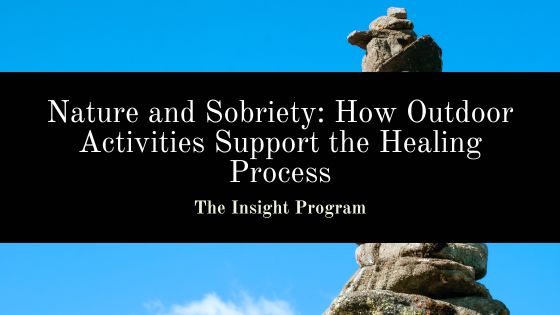Recovery from addiction is a deeply personal and often challenging journey. While therapy, support groups, and structured programs are central to the process, many individuals find that reconnecting with nature offers additional healing power. Outdoor activities provide a unique space for reflection, emotional release, and personal growth. Whether it is a quiet walk in the woods or a strenuous mountain hike, spending time outside can be a powerful companion to sobriety.
The Restorative Power of Nature
Nature offers a calm, nonjudgmental environment where individuals can pause, reflect, and reset. Unlike the distractions and pressures of daily life, natural settings encourage mindfulness and presence. This quiet helps reduce stress and anxiety, both of which can be common triggers for relapse. Studies show that spending time in green spaces lowers cortisol levels, decreases symptoms of depression, and improves overall emotional well-being.
For individuals in recovery, these effects can be especially important. Nature creates the mental space to process emotions without feeling overwhelmed. Whether someone is dealing with guilt, grief, or uncertainty, the simplicity and beauty of the natural world can offer comfort and clarity.
Outdoor Activities Build Confidence and Discipline
Physical activity is often recommended as part of addiction recovery, and nature-based exercise adds an extra layer of benefit. Activities such as hiking, biking, kayaking, or even gardening engage both the body and mind. They require focus, perseverance, and commitment—qualities that are essential to maintaining sobriety.
Achieving goals outdoors, whether climbing a hill or finishing a trail, helps build self-confidence. Each completed activity becomes a reminder of personal strength and progress. This sense of achievement can replace the highs once sought through substances and reinforce positive habits.
Connection and Community in Nature
Nature can also help individuals reconnect not only with themselves but with others. Group hikes, community clean-up efforts, or outdoor wellness retreats offer sober social settings that encourage connection and support. These shared experiences create a sense of belonging and accountability.
Being in nature often leads to more open and meaningful conversations. Without the distractions of phones or crowded spaces, people tend to be more present and engaged. For those working to rebuild relationships damaged by addiction, these moments can foster healing and understanding.
Creating a Routine with Nature in Recovery
Incorporating outdoor time into a regular routine can support long-term sobriety. It might be as simple as a morning walk through a local park or as structured as a weekly group outing. Consistency is key. Nature becomes a healthy ritual, a space to reset and recharge, and a reminder of the progress being made.
Importantly, these activities are accessible. Nature does not require expensive equipment or special skills. It invites everyone to step outside and find peace, even if just for a few minutes a day.
Conclusion
Nature supports sobriety by offering calm, clarity, movement, and connection. As part of a broader recovery plan, outdoor activities can deepen healing and provide meaningful tools for lasting wellness. The path to recovery may be long, but with nature as an ally, it can also be deeply rewarding.

